Toxic Harvest Press Kit
Download the film's electronic press kit here and view stills, behind-the-scenes photographs and film posters.

Toxic Harvest: The Hidden Truth about  Pesticides
Pesticides
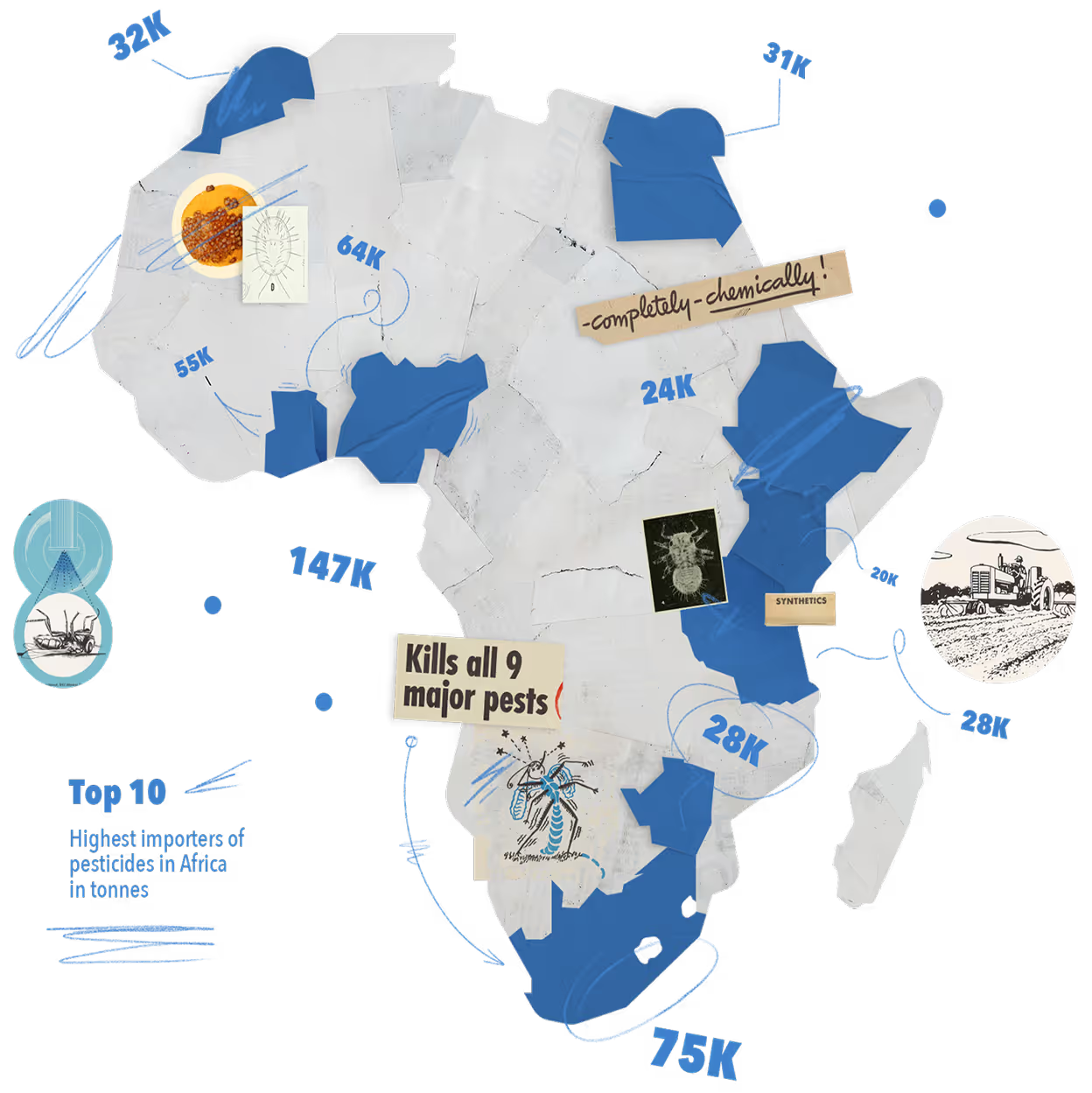
Pesticides, often called agrotoxins are inherently hazardous – they are designed to kill. In South Africa, one of the largest agricultural markets on the African continent, their impact is widespread and deeply concerning.
According to the South African National Institute for Occupational Health, 9,000 pesticide products are registered in the country. Between 2019 and 2023, South Africa imported pesticides valued at ZAR 38 billion (around EUR 2 billion). During the same period, it exported ZAR 15 billion (approximately EUR 750 million) worth of pesticides to neighboring Southern African Development Community (SADC) countries, mainly Zambia and Zimbabwe. China was the largest supplier to South Africa (ZAR 12 billion), followed by Belgium, Germany, and the USA.
However, despite this growing trade, South Africa's pesticide regulations are outdated. The country’s primary pesticide law, the Fertilisers, Farm Seeds, Agricultural Remedies and Stock Remedies Act of 1947, is a relic of the apartheid era, failing to address modern scientific understanding of pesticide risks.
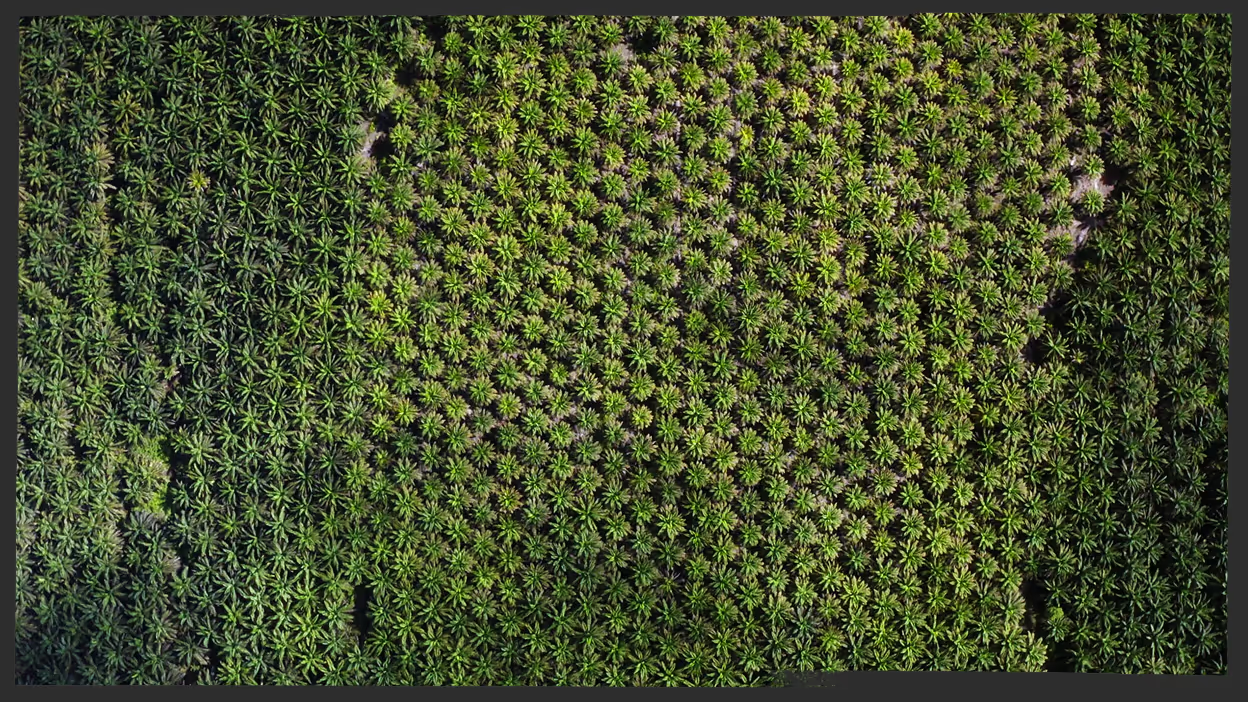

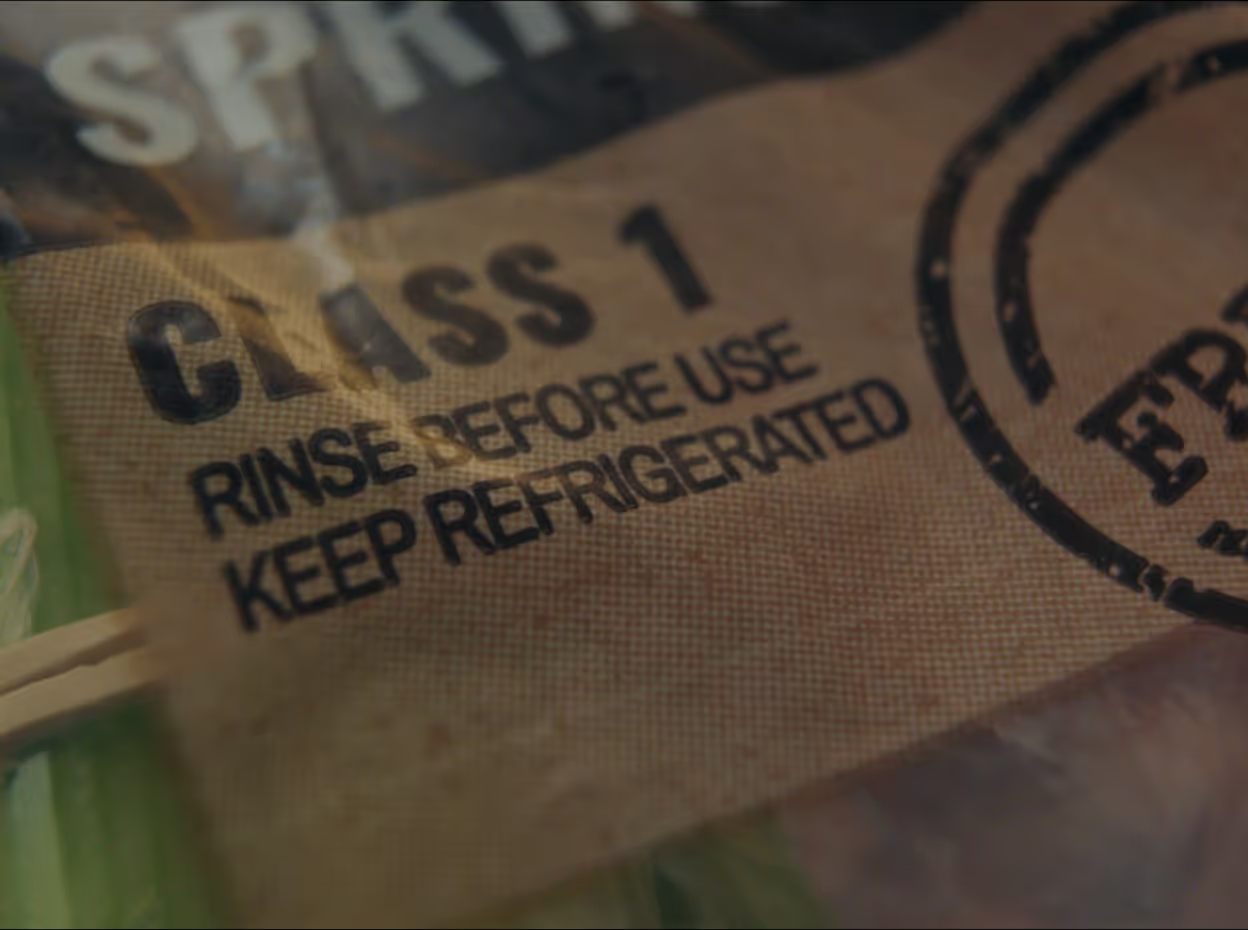

Highly hazardous pesticides: a  persistent threat
persistent threat
Even more alarming is the fact that 192 highly hazardous pesticides (HHPs), remain legally available in South Africa. A third of these pesticides are banned in the European Union due to their dangers, yet they continue to be exported from Europe to developing countries like South Africa. These HHPs are classified as such because of their potential to cause severe and/or irreversible harm to human health, the environment and biodiversity.
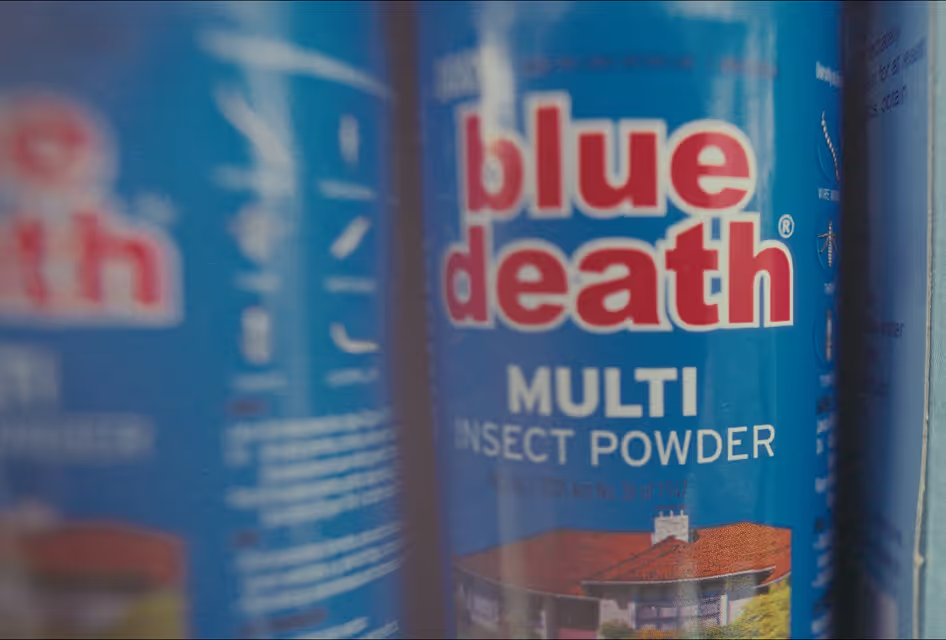
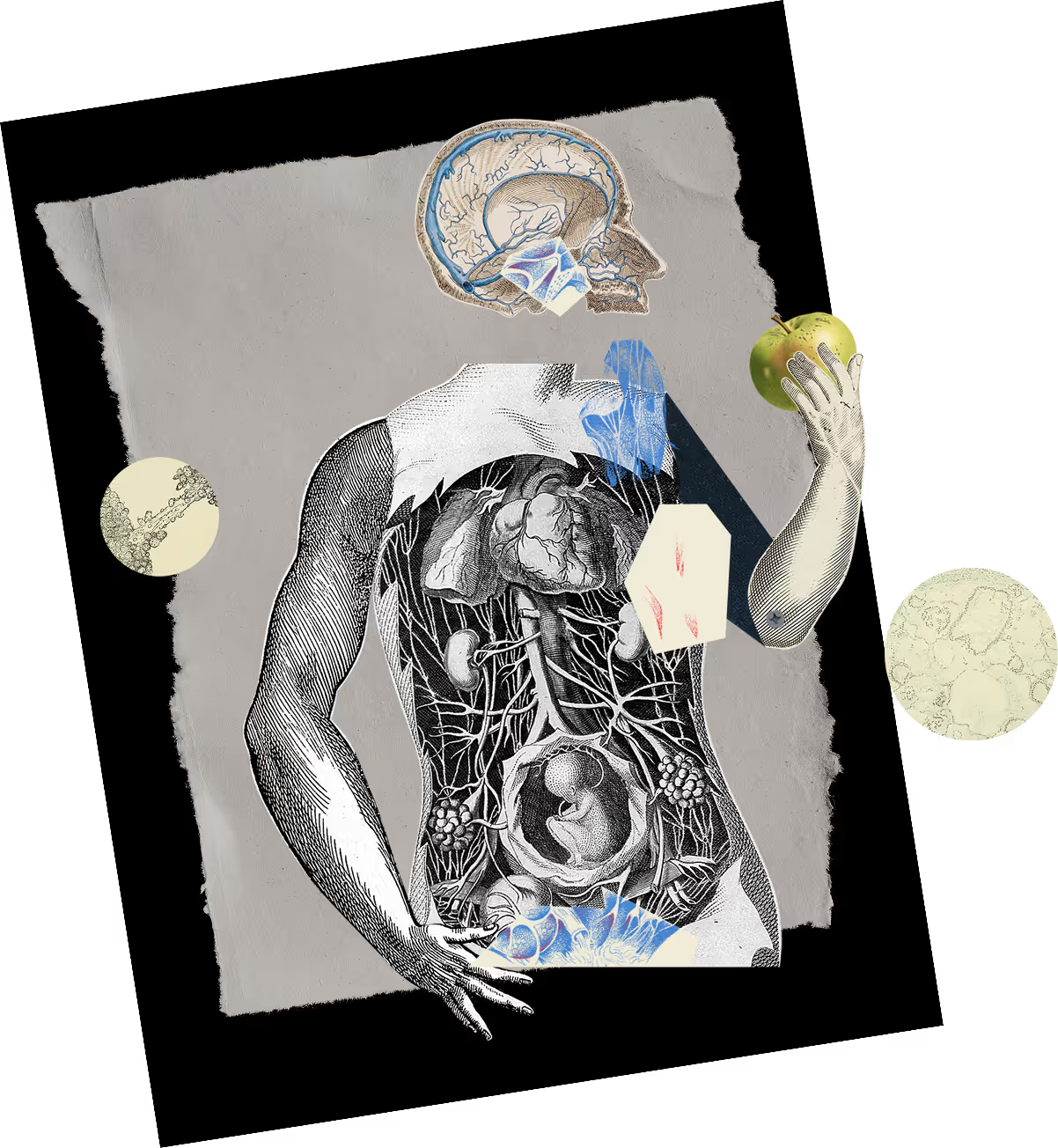
The human  toll
toll
Farm workers are at the frontline of pesticide exposure. The 929,000 farm workers in South Africa, many of them women are regularly exposed to some of the most dangerous chemicals used in agriculture on a daily basis in multiple ways without adequate protection and training. Globally, acute pesticide poisoning affects an estimated 385 million people every year – a dramatic rise from 25 million cases in 1990. Pesticides have been linked to serious health problems, including damage to the skin, eyes, liver, kidneys, and nervous and endocrine systems.
But farm workers are not the only ones at risk. People living in rural communities near farms are also exposed to pesticides through aerial spraying on farm fields, often without any regard for their proximity to people’s homes. In urban areas, and particularly in informal settlements, pesticides intended for agricultural use are sometimes misused to control pests, leading to tragic poisoning incidents, especially among children.
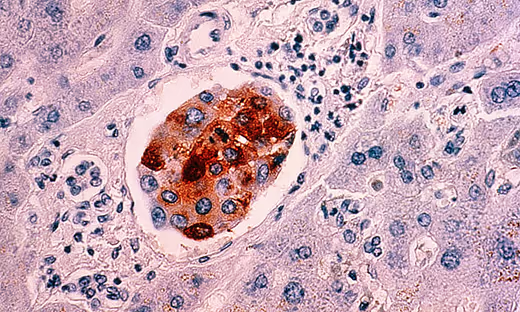
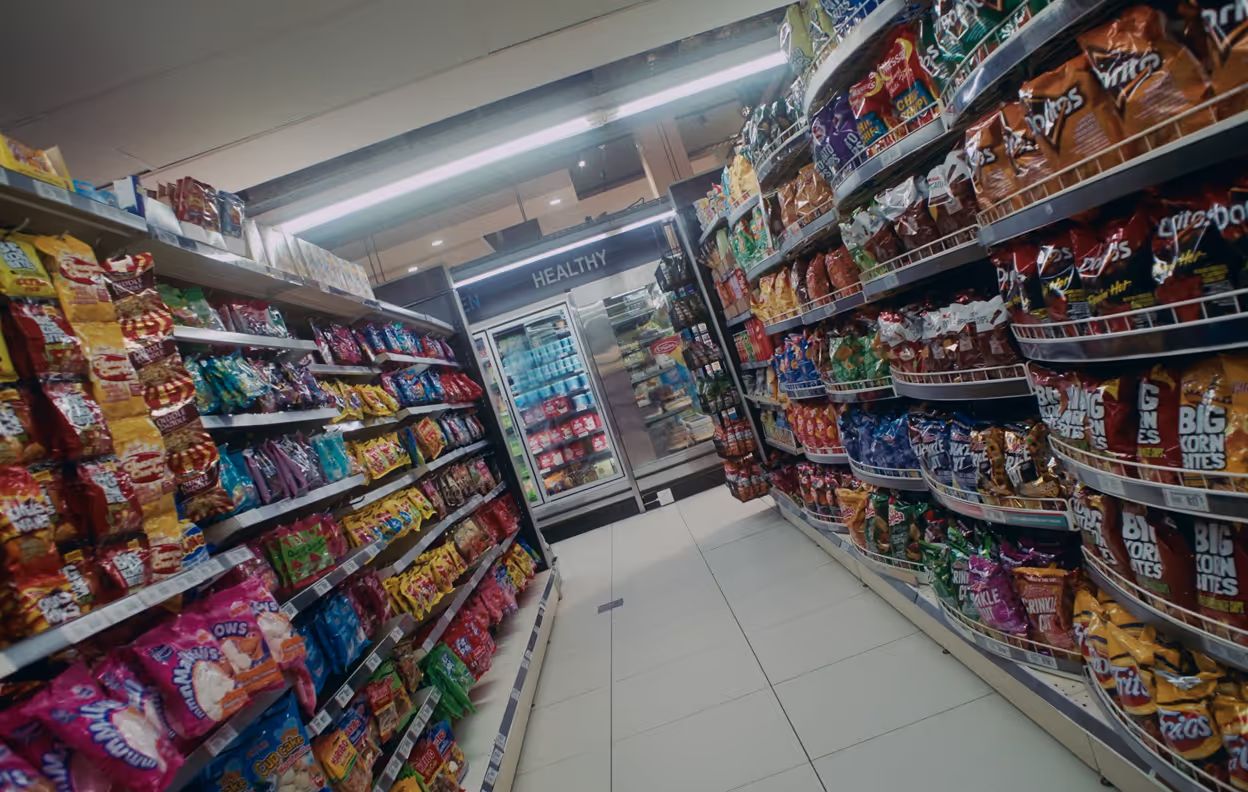
Pesticides are also contaminating our food and the environment. Random testing on fruit, vegetables, and processed foods in South Africa has revealed residues of 14 HHPs, with nine samples exceeding legal maximum residue levels. Alarmingly, 12 of these chemicals are banned in the European Union, yet remain legal in South Africa. Soil and water are similarly affected, as pesticides persist in the environment, impacting ecosystems and communities far beyond their intended targets.
 Contamination in food and environment
Contamination in food and environment
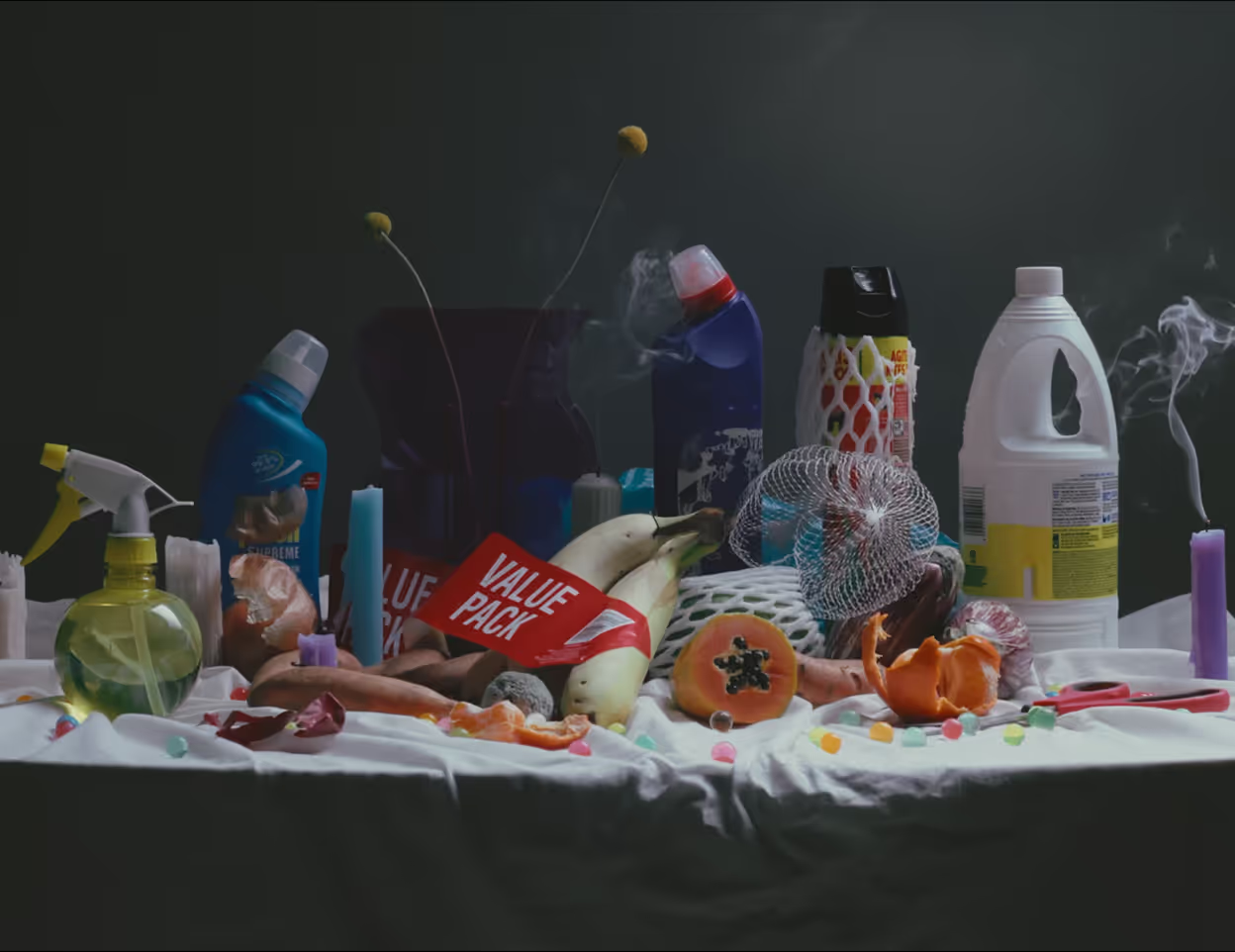
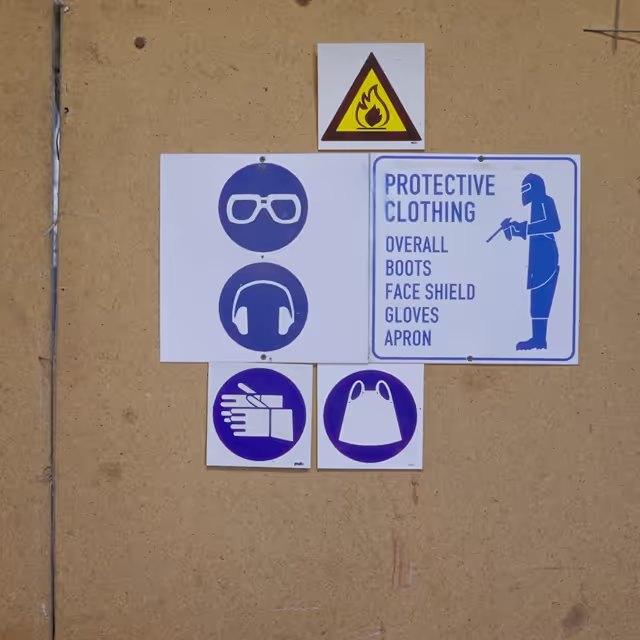
Profits over  people
people
The agrochemical giants – Bayer, BASF, Corteva, FMC, and Syngenta – control about two-thirds of the global agrochemical market. Shockingly, 60 percent of their HHPs sales target emerging markets like South Africa. These companies take advantage of weaker regulations and enforcement, insufficient education about pesticide risks, and limited access to protective equipment in the Global South, prioritizing profits over the health of people and the planet.
Although pesticide manufacturers claim that their products are “safe when used as directed,” this assertion rarely reflects reality. Protective gear is often unavailable, unaffordable, or unsuitable for local conditions, and many farmers are unable to comprehend the technical instructions on pesticide labels.

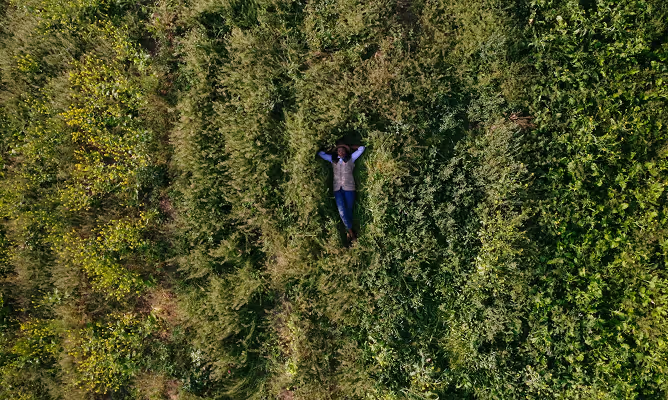
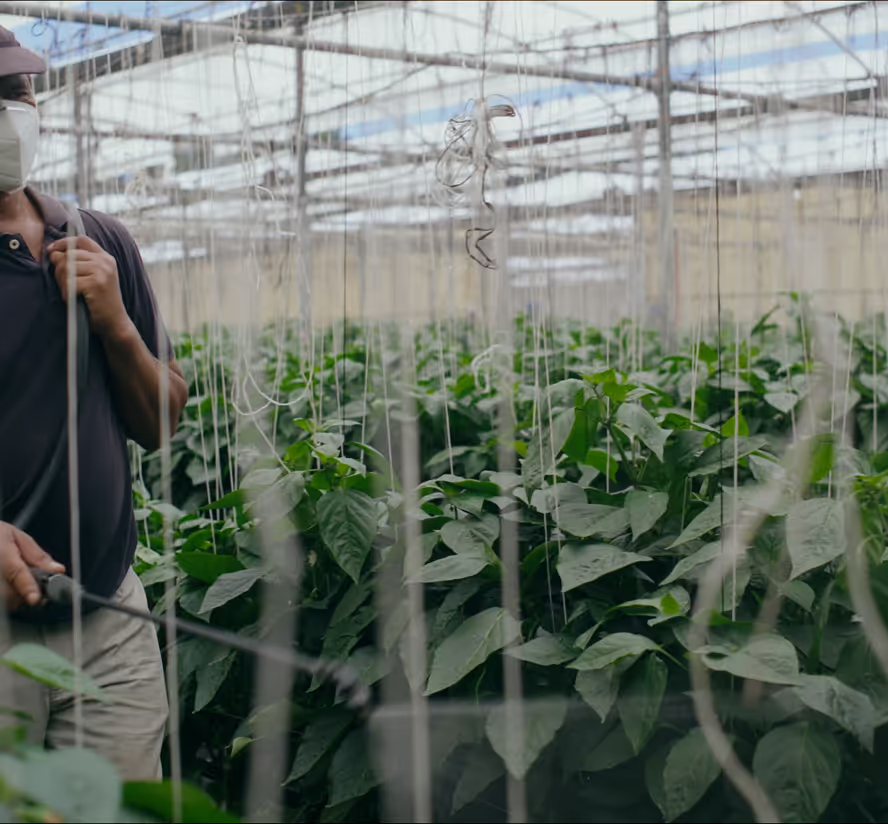
 Change is required
Change is required
The current agricultural system is not only toxic but also historically unjust. A just transition is urgently needed – not just in South Africa, but globally – to shift away from the massive reliance on hazardous pesticides toward safe food, healthy communities, and sustainable farming practices for future generations.
Historically, farm workers and farm dwellers in South Africa have been leading the charge for the adoption of stronger pesticide regulation, calling on the government to ban the use of HHPs in food production.
To achieve this, South Africa and many other nations need a comprehensive overhaul of their pesticide laws. Key actions must include:
Implementing pesticide reduction policies
Phase out HHPs and promote safer, environmentally sound alternatives.
Ending double standards
Prohibit the use of pesticides banned in other regions, such as the European Union, due to their health and environmental risks. Furthermore, exporting countries must prohibit the manufacture, storage, and export of pesticides that are banned within their own borders.
Transitioning to agroecology
Shift from toxic, extractive agricultural systems to agroecological practices that prioritise health, workers' rights, food security, and environmental sustainability.




Download the film's electronic press kit here and view stills and film posters.










